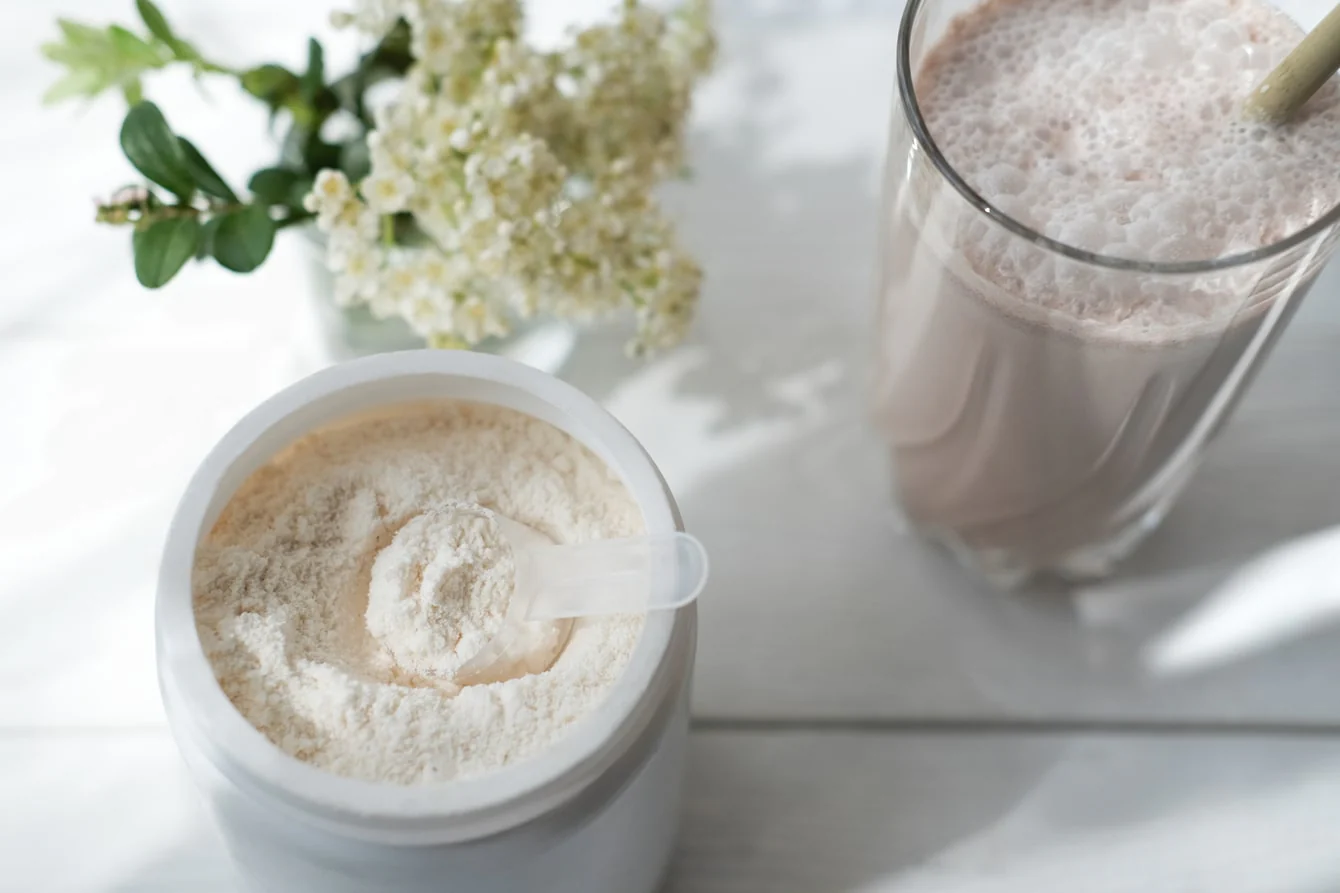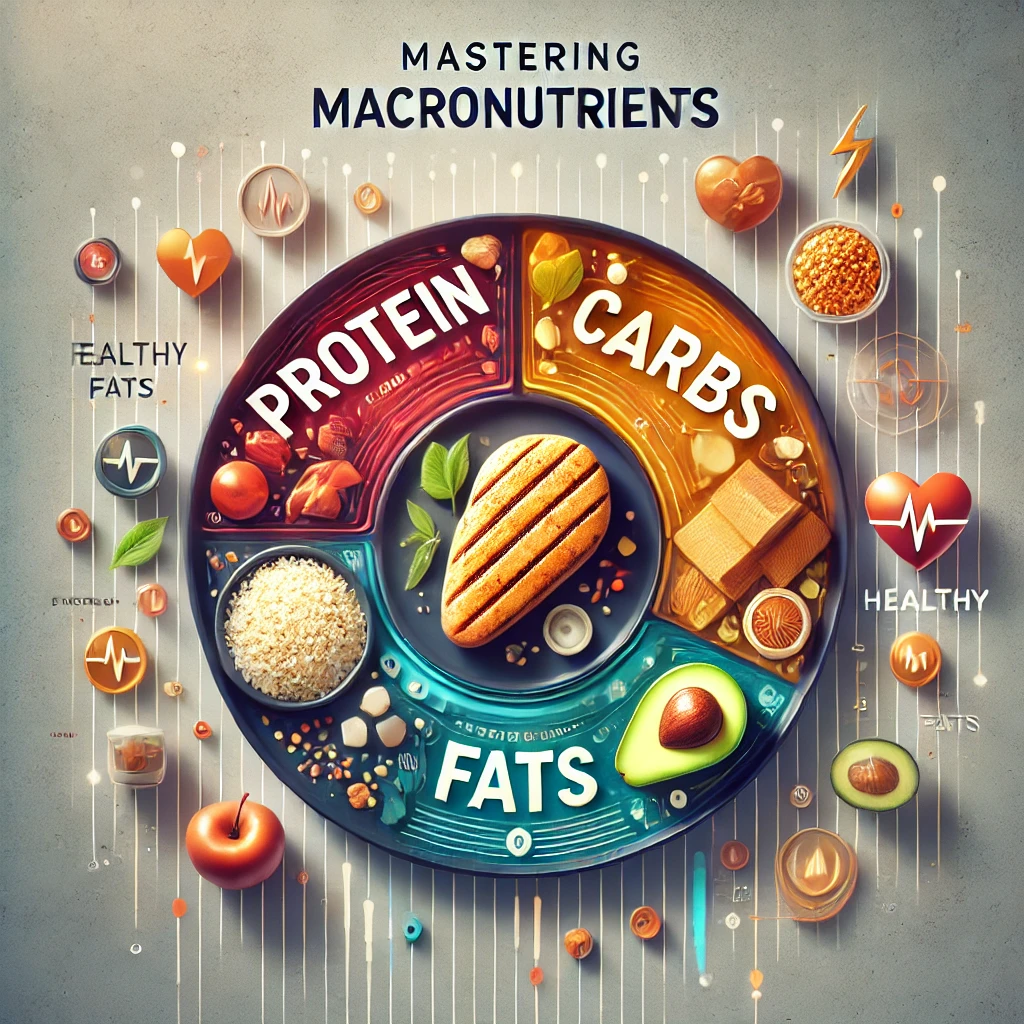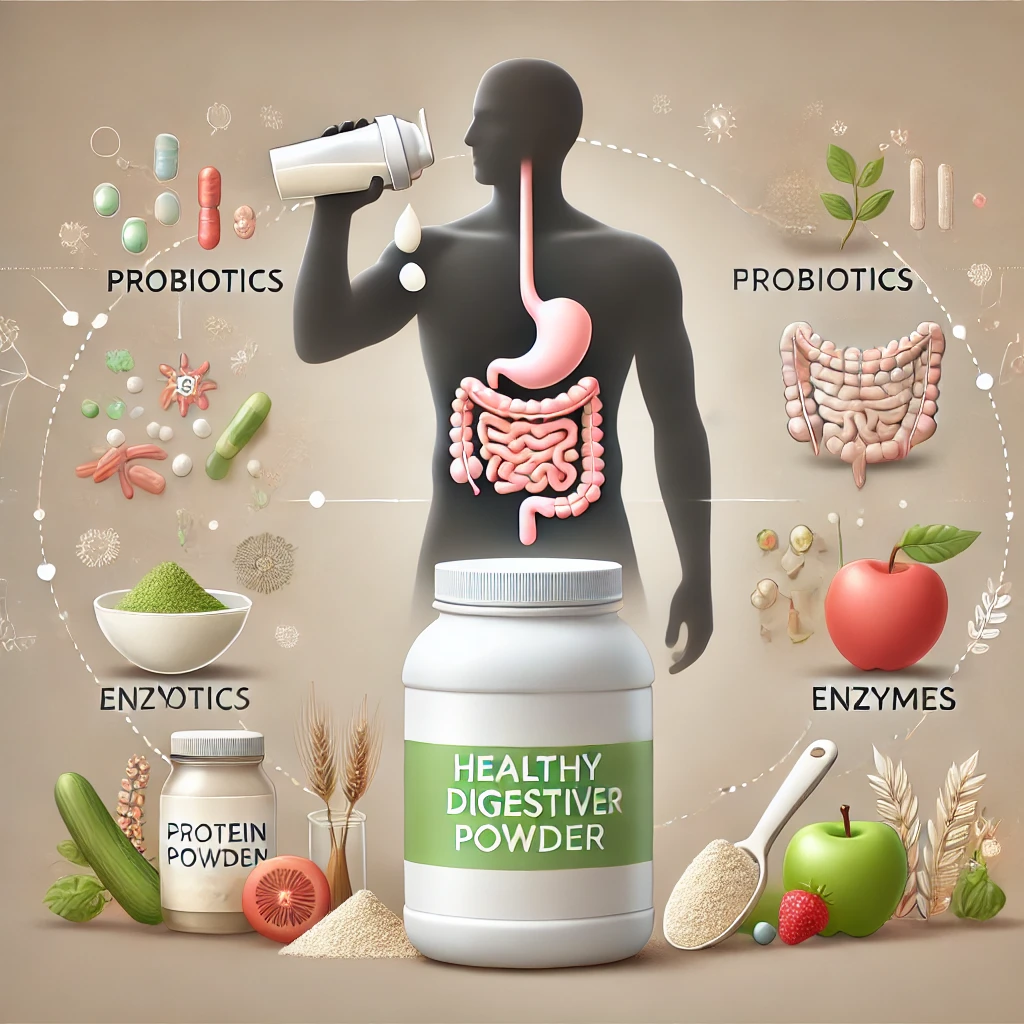Protein powders have become increasingly popular among fitness enthusiasts, athletes, and anyone looking to support their nutritional needs. With a plethora of options available, finding the right protein powder can be daunting. Whether you’re trying to build muscle, lose weight, or simply maintain a healthy lifestyle, this guide will help you choose the right protein powder for your specific needs.
Table of Contents
Understanding Protein Powder Basics

What Is Protein Powder?
Protein powder is a concentrated source of protein derived from animal or plant sources. It comes in various forms, including whey, casein, egg white, and plant-based proteins like pea or soy. Essentially, protein powders are designed to supplement your diet, making it easier to meet your daily protein requirements.
Why Do You Need Protein Powder?
Why is protein powder such a staple for so many people? Protein is crucial for muscle growth, tissue repair, and maintaining a healthy immune system. For those who struggle to get enough protein through regular meals—whether due to dietary restrictions, busy schedules, or specific fitness goals—protein powders offer a convenient, effective solution.
Different Types of Protein Powders Available
The market is filled with different types of protein powders, each tailored to different needs. From whey and casein to soy and pea protein, understanding the differences is key to making the best choice for your personal health and fitness journey.
Identifying Your Fitness Goals

Before diving into the different protein powders, it’s important to determine what you’re trying to achieve. Here are some common goals and how protein powder fits into each:
Building Muscle
If building muscle is your primary goal, you’ll need a protein powder that’s rich in essential amino acids, particularly leucine, which promotes muscle protein synthesis. Whey protein is often considered the best choice for muscle building due to its high biological value and rapid absorption.
Losing Weight
For weight loss, look for protein powders that are low in carbs and fat. Protein can help with satiety, which means feeling full for longer and avoiding overeating. Many people choose whey isolate or plant-based options like pea protein to keep calories and carbohydrates low.
General Nutrition and Wellness
If you’re just looking to improve your overall health, the type of protein you choose might not matter as much as ensuring it fits well with your dietary preferences and restrictions. In this case, you might consider plant-based options or a blend of different proteins for a more balanced nutritional profile.
Different Types of Protein Powders Explained

Whey Protein
Whey protein is derived from milk and is one of the most popular choices due to its rapid digestion and high protein content.
Pros and Cons of Whey Protein
- Pros: High-quality protein, rich in all essential amino acids, easily absorbed.
- Cons: Not suitable for lactose-intolerant individuals, may cause digestive issues for some.
Casein Protein
Casein, also derived from milk, is digested slowly, making it ideal for prolonged protein release.
When to Use Casein for Best Results
Casein is best taken before bedtime to provide a steady release of protein overnight, aiding in muscle recovery while you sleep.
Plant-Based Protein Powders
Plant-based options have become very popular, especially among vegans and those with dairy sensitivities.
Pea, Rice, and Soy Protein
- Pea Protein: Great for muscle building, hypoallergenic.
- Rice Protein: Easily digestible, though often lower in lysine.
- Soy Protein: Rich in all essential amino acids, but sometimes controversial due to phytoestrogen content.
Egg White Protein
Egg white protein is an excellent choice for those who want a dairy-free, high-quality protein.
Benefits of Egg Protein for Lean Muscle
Egg white protein is rich in essential amino acids, has zero fat, and is known for supporting lean muscle development.
Key Factors to Consider When Choosing Protein Powder

Protein Content and Serving Size
Always check the label to understand the actual protein content per serving. A good protein powder should contain at least 20-25 grams of protein per scoop.
Ingredients to Watch Out For
Sugar, Artificial Additives, and Fillers
Many protein powders are loaded with sugars or artificial sweeteners to enhance flavor. Be cautious of those with too much added sugar, as this can work against your health goals. Look for clean labels with minimal ingredients.
Flavor and Mixability
If you dislike the taste of your protein powder, you won’t use it consistently. Look for flavors that appeal to you, and consider mixability—no one wants a clumpy shake. Many brands offer sample packs so you can try different flavors before committing to a large tub.
Dietary Restrictions and Allergies
If you are lactose-intolerant, vegan, or have allergies, you’ll need to choose your protein powder accordingly. Plant-based proteins like pea, rice, or hemp are great alternatives to traditional dairy-based proteins.
Comparing Protein Powders for Specific Needs
Best Protein Powder for Muscle Gain
For muscle gain, whey protein isolate or a high-quality whey concentrate is often the best choice. It’s rich in branched-chain amino acids (BCAAs), which are key to muscle growth.
Best Protein Powder for Weight Loss
Whey protein isolate or plant-based proteins that are low in carbs and fats are ideal for weight loss. They provide the necessary protein without adding extra calories.
Best Protein Powder for Vegans and Vegetarians
For those avoiding animal products, pea protein, soy protein, and blends of plant proteins can provide a complete amino acid profile, making them ideal for building and maintaining muscle.
Tips for Evaluating Quality and Price
Understanding Protein Quality: Concentrate, Isolate, Hydrolysate
- Concentrate: Usually less processed, containing some carbs and fats.
- Isolate: More processed to increase protein concentration, low in fats and carbs.
- Hydrolysate: Predigested protein for quicker absorption, often more expensive.
Price vs. Quality: Getting the Best Value
When buying protein powder, price can vary widely. Consider the cost per serving and protein content. Sometimes, cheaper protein powders are filled with unnecessary fillers, reducing their effectiveness.
How to Incorporate Protein Powder into Your Diet

Post-Workout Shakes
One of the most popular uses of protein powder is in post-workout shakes to help muscles recover and grow. Mix with water or milk for a quick, efficient boost.
Smoothies and Meal Replacements
Adding protein powder to a smoothie can make for a nutritious meal replacement. Pair it with fruits, vegetables, and a source of healthy fats like nut butter for a complete, balanced meal.
Cooking with Protein Powder
You can also incorporate protein powder into foods like oatmeal, pancakes, or protein bars. Just be mindful of how it might affect the texture of your dish.
Common Mistakes to Avoid When Buying Protein Powder
Falling for Marketing Hype
Buzzwords like “natural” or “supercharged” can be misleading. Always read the ingredient list and nutrition facts rather than relying on marketing claims.
Overlooking the Ingredient List
Ingredients matter. If a protein powder has a long list of unrecognizable components, it may not be the healthiest option. Simpler is often better.
Ignoring Your Specific Needs
Choosing a protein powder without considering your dietary restrictions or fitness goals can lead to wasted money and ineffective results. Always align your protein choice with your needs.
FAQs About Choosing the Right Protein Powder
What Is the Best Protein Powder for Beginners?
For beginners, whey protein concentrate is a great option due to its affordability, high-quality protein, and ease of digestion.
Can I Use Protein Powder as a Meal Replacement?
Yes, protein powders can be used as part of a meal replacement, especially when combined with other nutrient-dense ingredients like fruits and healthy fats.
How Much Protein Powder Should I Consume Daily?
The amount varies based on your activity level and dietary needs, but generally, 20-40 grams per serving is recommended, with 1-2 servings per day.
Is Whey Protein Suitable for Lactose-Intolerant Individuals?
Whey protein isolate contains less lactose and may be tolerable for some, but lactose-intolerant individuals may prefer plant-based proteins.
Can I Mix Different Types of Protein Powders?
Yes, mixing different protein powders, such as whey and casein, can provide both fast and slow-digesting proteins, ideal for muscle recovery and sustained nourishment.
Conclusion: Making an Informed Choice
Choosing the right protein powder can make a significant difference in achieving your health and fitness goals. Whether you are aiming to build muscle, lose weight, or improve your overall nutrition, understanding the types of protein powders, their benefits, and how they align with your needs is crucial. Take the time to identify your goals, scrutinize labels, and try different products to find what works best for you. After all, the best protein powder is the one that fits seamlessly into your lifestyle and supports your unique journey.









